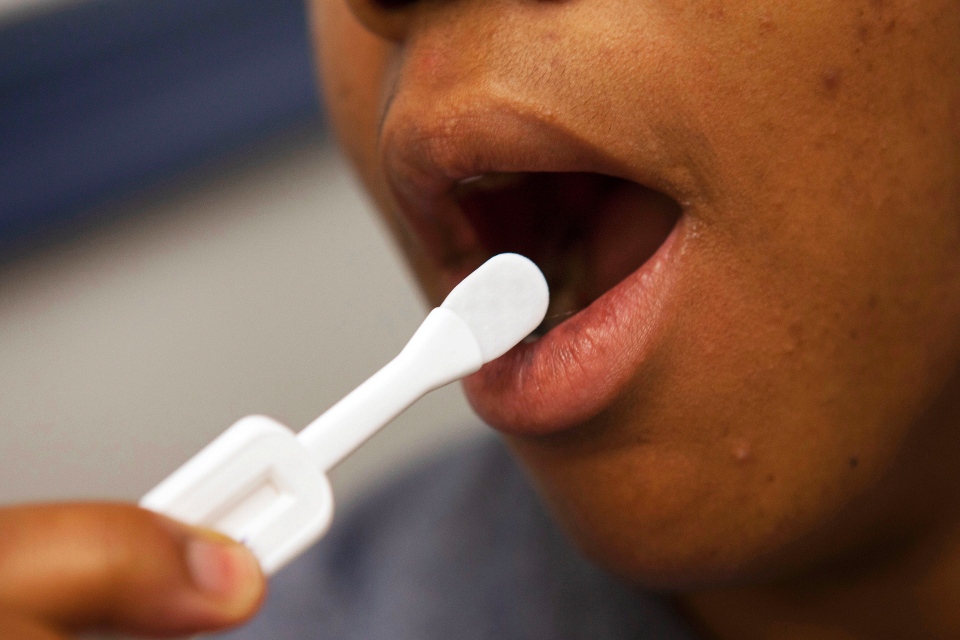
The Sunday Mail

Shamiso Yikoniko – Health Reporter
Government will soon start distributing HIV self-testing kits after most participants in a countrywide acceptability study acceded to using the gadgets.
The kits are part of a strategy to get more Zimbabweans to know their HIV status and seek treatment early.
Self-tests can be conducted without a healthcare provider’s assistance.
A user immerses either a blood or saliva sample in a solution.
Once a test reaction is achieved, the result can be interpreted within 20 to 40 minutes.
However, a positive result must be confirmed by a blood test conducted by qualified medical practitioners.
Ministry of Health and Child Care director (Aids and TB), Dr Owen Mugurungi told The Sunday Mail that: “Before introducing something new, we first run feasibility and acceptability tests to check if people are ready to receive (the new product).
“The preliminary assessment results show that most people accept the HIV self-testing kits and this guides us in decision-making.”
Secretary for Health and Child Care Dr Brigadier Gerald Gwinji said health institutions should accommodate those who test positive, adding that educational campaigns will soon be rolled out.
“The messaging will make it clear that there is a requirement to go to the next stage because you cannot self-manage, treat yourself and perhaps do other tests such as CD4 count.
“When OraQuick was introduced (in the United States), we hadn’t developed appropriate evidence-based strategies on how to implement it. So, a decision was made not to approve selling self-testing kits until we had developed a strategy.”
Resistance to HIV testing continues to impede wholesale reduction of new infections as well as early treatment.
Over 1 600 facilities are providing free integrated HIV testing and counselling, but a number of Zimbabweans appear hesitant to establish their status.
About 20 679 people did not collect their results from various centres in the second quarter of 2014, according to the National Aids Council.
Proponents of self-testing believe this new system is cheaper, confidential and empowers users.
Pharmacies in parts of the country have sold the kits in the past, but Government stopped them to clear the way for structured guidelines.
At the time, there were also fears that users who tested positive would harm themselves or commit suicide.
The US introduced the kits in 2014 and links users to nearby clinics in addition to providing 24-hour toll free telephone counselling.
Kenya has a similar package for its healthcare workers, though evaluation outcomes in both countries could not be immediately obtained.
Zimbabwe will most probably borrow from these models.
However, a recent World Health Organisation study states that there is limited information about test features that make a self-test easy to use, acceptable to users, and feasible for manufacturers to produce.
University of Zimbabwe clinical psychologist Mr Lazarus Kajawu said: “Before people are exposed to the self-testing kits, the user must be prepared. The most critical preparation for any HIV test, no matter how it’s done, is counselling. This prepares the user emotionally to accept the results.
“There must also be a clause, probably on the kits, articulating what the user must do after testing.”
Harare-based medical practitioner Dr Blessing Chingwaru added: “Before introducing the kits, Government must consider pre and post-testing counselling. This can be done via 24-hour online counselling. Toll free services will ensure a counsellor is ready to assist at all times.”



